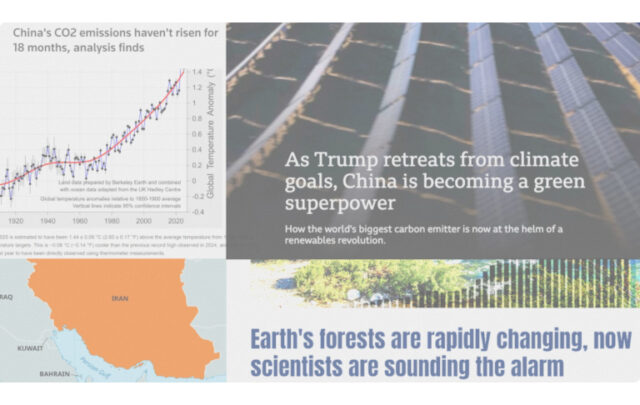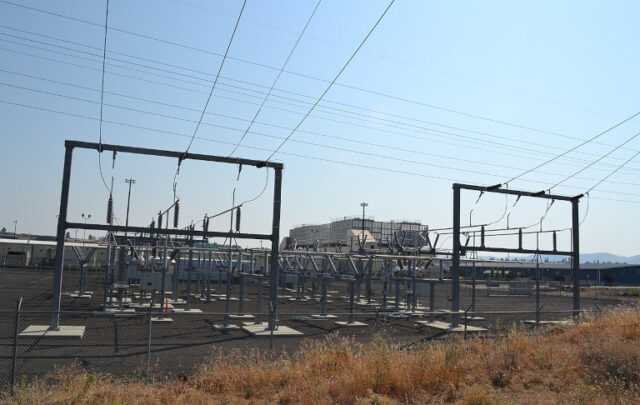
In recent years, US oil and natural gas production have exploded due to fracking (hydraulic fracturing coupled with horizontal drilling in shale source rocks), leading to claims that “peak oil is dead.” While the so-called “shale revolution” is regarded in the fossil fuel community as a great achievement, many climate scientists and policymakers think that fracking and other unconventional fossil fuel production will cause the world to exceed even the most extreme IPCC greenhouse-gas emission scenarios.This session seeks to bring together fossil fuel experts and climate experts for a daring exploration of the new landscape created by fracking and other unconventional methods of fossil fuel recovery. Contributions are sought on (1) what unconventional sources mean for the theory of peak oil; (2) what an explosion of new fossil fuel emissions might mean for global climate change; and (3) what geological, economic, or policy forces might limit fossil fuel production.
Recorded at the American Geophysical Union (AGU) Fall Meeting 17 December 2015.
Chair: Asher Miller, Post Carbon Institute, Santa Rosa, CA, United States
Convenors: Warren J Wiscombe, NASA Goddard Space Flight Center, Greenbelt, MD, United States, David Fridley, Lawrence Berkeley National Laboratory, Berkeley, CA, United States and James E Hansen, Columbia University of New York, Palisades, NY, United States
Schedule
Fracking in the Face of Global Climate Change
Speaker: Peter Peterson
27:20 mins – Implications of Abundant Gas and Oil for Climate Forcing
Speaker: James Edmonds
50:50 mins – Oil Production, The Price Crash and Uncertainty in Climate Change
Speaker: James W. Murray
1:15:38 mins – Unconventional Liquids, Peak Oil and Climate Change
Speaker: John David Hughes
1:36:25 mins – What Geological, Economic, or Policy Forces Might Limit Fossil Fuel Production?
Speaker: Richard Heinberg
No gas teaser image via proimos/flickr. Creative Commons 2.0.























